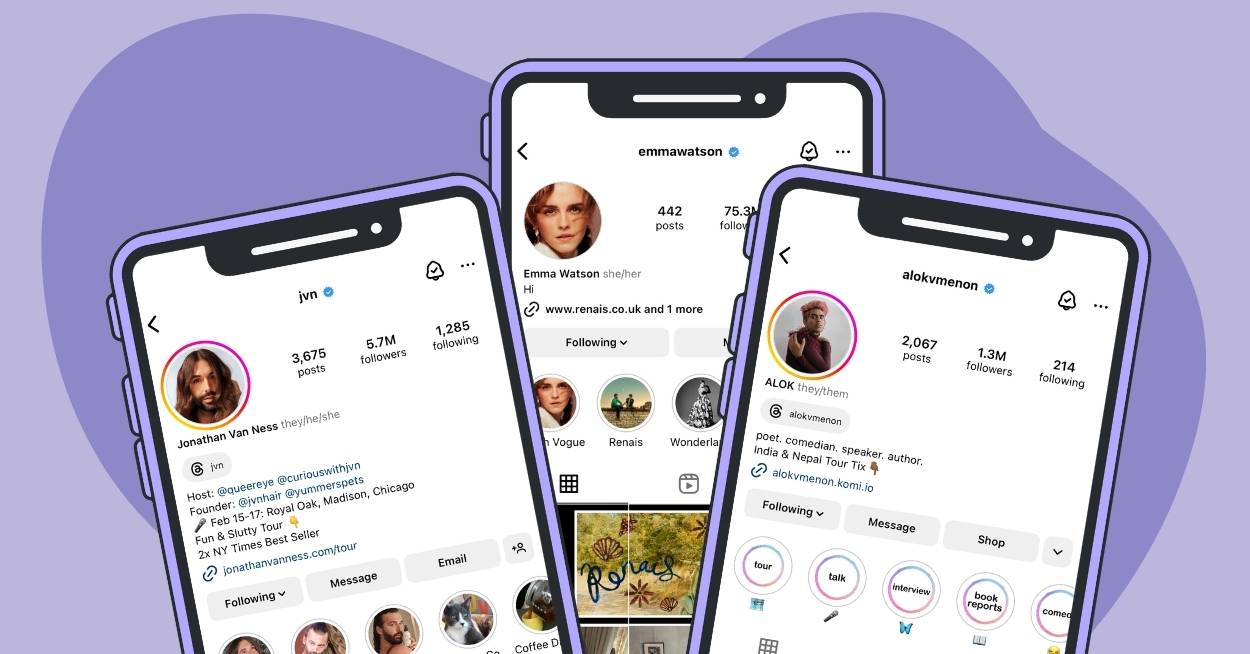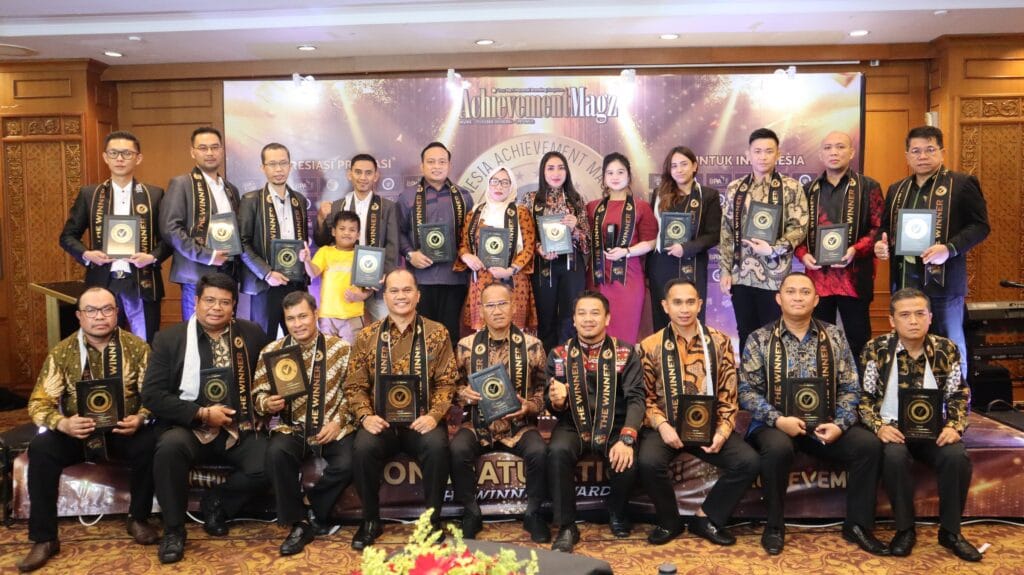New York — Social media users, including prominent celebrities such as singers Demi Lovato and Gracie Abrams, are raising alarms about Instagram’s handling of official political accounts linked to the Trump administration. Many have reported difficulties unfollowing these accounts, leading to broader questions about transparency and impartiality on Meta-owned platforms. The controversy, which has rapidly gained traction online, has reignited debates over the role of social media companies in political discourse.
Gracie Abrams, known for her deeply personal music and candid social media presence, shared her frustrations with her Instagram followers. In a now-viral Instagram story, Abrams revealed she had to unfollow the official accounts of the President (@potus) and Vice President (@vp) three times before the platform stopped automatically refollowing them. Frustrated by the situation, she remarked, “How curious!” and noted that she ultimately blocked the accounts to avoid further issues. Similarly, Demi Lovato expressed discontent in her own Instagram story, telling followers that she had unfollowed Donald Trump’s account twice in a single day, only to find herself refollowing it.
The issue has not been limited to high-profile figures. Across Instagram, users have posted warnings urging others who oppose the Trump administration to check their followed accounts, highlighting concerns that they may be inadvertently following political figures they do not support. Compounding these frustrations, reports surfaced this week that the hashtag #Democrat had been blocked on Instagram’s search function. Although Meta acknowledged the problem, spokesperson Andy Stone stated that the issue was not politically motivated and affected hashtags across the political spectrum. Stone added that the company was actively working to resolve the technical glitch.
In response to the unfollowing complaints, Meta has denied accusations that users were being forced to follow accounts associated with Trump, Vice President JD Vance, or First Lady Melania Trump. Stone, in a post on X (formerly Twitter), stated that the transition of official accounts between administrations follows long-standing procedures. He emphasized that the current process mirrors that of previous transitions, including the handoff from the Obama administration to the Trump administration in 2017. According to Stone, “People were not made to automatically follow any of the official Facebook or Instagram accounts for the President, Vice President, or First Lady. This is the same procedure we followed during the last presidential transition.” He further explained that delays in processing follow and unfollow requests could occur during the account transition period.
The explanations, however, have done little to quell growing skepticism. Critics argue that Meta’s recent policy decisions reflect a marked shift toward conservative priorities. In the weeks leading up to Trump’s inauguration, the company made a series of controversial changes, including appointing Trump ally and UFC president Dana White to its board of directors and replacing its chief policy officer with a prominent Republican figure. Meta also ended its third-party fact-checking program in the United States and revised its hateful conduct policies, allowing certain types of previously banned content. These changes, critics say, have emboldened harmful rhetoric, particularly against marginalized groups.
Further fueling concerns, Meta recently announced the termination of its diversity, equity, and inclusion (DEI) programs, a decision widely criticized by advocacy groups. On the same day, CEO Mark Zuckerberg appeared on Joe Rogan’s podcast, where he discussed the company’s new direction. Zuckerberg argued that excessive content moderation and fact-checking had eroded trust in the platform and that the recent policy changes were designed to address those issues. His appearance coincided with his attendance at Trump’s inauguration, where he was joined by other tech industry leaders.
The ongoing controversy highlights the challenges Meta faces in maintaining user trust while navigating a polarized political landscape. As users continue to voice concerns about perceived bias and the platform’s operational transparency, the company finds itself at the center of a broader debate about the role of social media in shaping political discourse and public opinion.








